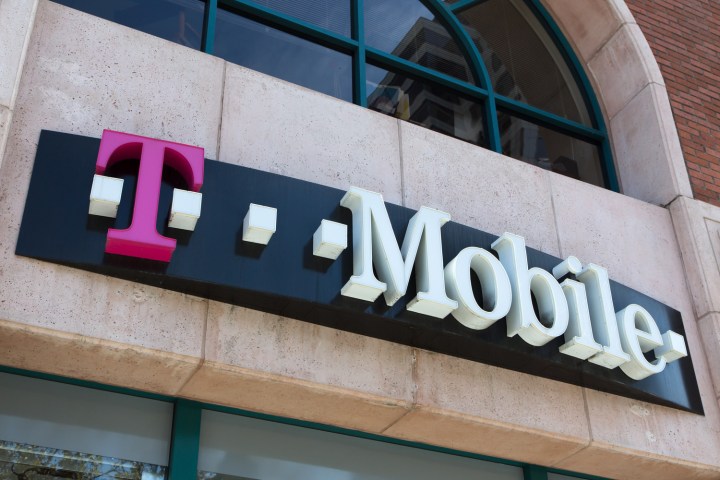
RCS, or Rich Communication Services, is on the rise. Not only is the service growing, but it’s getting better too — and T-Mobile wants to lead the charge in the U.S. On Tuesday, March 13, the company announced it will be adding support for RCS Universal Profile, a new RCS industry standard. The support will roll out to customers in a software update in the second quarter of 2018.
RCS is aimed at essentially replacing the aging Short Message Service (SMS) standard. It allows for a whole slew of extra features. For example, it supports things like read receipts, the sharing of location, high-resolution images, videos, audio, and more. It also is much better at handling group messages than SMS, and can even allow for video calling. In other words, when RCS becomes a reality around the nation, you will be able to treat it like Facebook Messenger, WhatsApp, or WeChat.
RCS Universal Profile adds a few new features to T-Mobile’s flavor of RCS, but perhaps more important than that is that it will work with other carriers who have also adopted Universal Profile. Not all carriers adopted the same standard of RCS, largely because they adopted RCS before a universal, agreed-upon standard was released. RCS Universal Profile was released in 2016 after T-Mobile began supporting RCS.
T-Mobile first launched RCS as part of its network in 2015 and now every Android phone the company sells supports it. According to the company, more than 30 million T-Mobile customers send more than 250 million RCS messages per day on the network. That might include you — it would be easy to miss that you’re using a new standard. You will still open the messaging app to send a message, type it out, and hit send. Over time, however, you will start noticing that your messaging app can simply do more. RCS may also present itself as a new way for businesses to interact with customers.
Of course, there are some compatibility issues. You might be a T-Mobile customer with an RCS-capable phone, but that doesn’t mean the recipient of the message is. Ideally, all carriers and all phones will soon support RCS, which means it will just become a fact of technology — and SMS can fade into oblivion.



